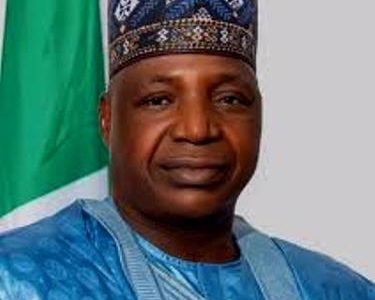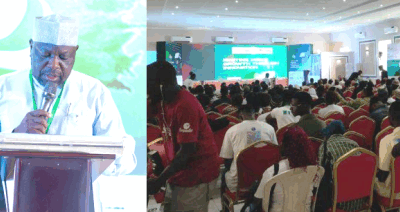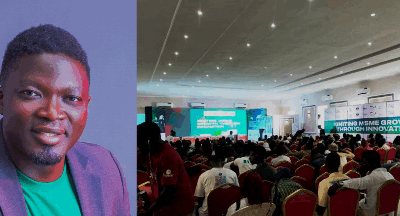ANURAG GARG, Managing Director of DOPC, one of Nigeria’s leading
internet service providers speaks to eT Edge News, MARTIN EKPEKE,
on how they have been able to leverage on the available submarine
cables to provide excellent internet services to their customers.
How has DOPC leveraged on the different submarine cables that have
landed on the shores of Nigeria in the last few years?
Until sometime back, Nigeria used to have only one submarine
cable. New undersea cables have brought lot of IP capacity to
Nigeria and we as an innovative ISP have tried squeezing the
maximum benefit out of this capacity to provide excellent internet
services to our customers. Our customers are now enjoying seamless
video conferencing and heavy file transfers due to large capacity
available from submarine cables. We are connected to multiple
undersea cables for the purpose of redundancy so in case; any
cable gets cut, our customers will get the service through other
cables.
How have you been able to address the issue of quality and
affordable internet services associated with ISPs?
We offer a comprehensive bouquet of services which are targeted to
a large audience varying from enterprise class customers to
individual connectivity customers. Providing affordable services
have been on the forefront of our agenda. Innovative hybrid
solutions using various connectivity platforms like VSAT, Fibre,
Wimax, etc have helped us in achieving this. We have a portfolio
of options open and that best serve the customers.
What could be the problems with ISPs network in Nigeria? Many
people have said the networks failed in the last few months.
Nigeria has its own challenges like any other countries and an ISP
needs to manage them efficiently. As a leading ISP, we comply with
directives of NCC [Nigerian Communications Commission] and co-
locate our base stations at maximum possible sites. While I can’t
comment on network failure for other ISPs, main problem we face
here is the intermittent power supply and co-location vendors need
to improve upon it. Apart from this; unauthorized use of frequency
by some wrong illegal users is another challenge which ISPs face.
Though NCC takes action in such cases but while investigation goes
on; customers may face poor service for some time.
What is your competitive edge over your rival in the internet
service sub-sector?
We have been among the most consistent ISPs in Nigeria. We have
seen many ISPs coming and going out of the market in the last 10
years. We are the ISP that customers can believe in and that gives
us an edge over others. Apart from this; we probably are the only
ISP having so wide choice of services and we work like one stop
shop for all ISP services needs of any customer. We have offices
in three main cities: Lagos, Abuja and Port Harcourt to provide
quick after sales support to our customers in any part of the
country.
Bandwidth is still scarce and costly even with the landing of
submarine cable, what is happening?
Submarine cables have brought lot of cheap bandwidth to Nigeria.
At the same time; price of satellite bandwidth has not gone down.
Fibre bandwidth price in Lagos today must be 10 times cheaper than
VSAT bandwidth. Due to scarce domestic fibre network in Nigeria,
it is very costly to distribute the fibre bandwidth from Lagos to
other parts of the country. Due to this; you may not feel
significant drop in bandwidth price in other parts of the country.
You have been in the saddle in DOPC for more than eight years,
what are the challenges of doing business in Nigeria?
While I have been the Managing Director of DOPC in the last three
years or so, I have been with the company for more than last eight
years and have worked in various capacities and departments. As I
had mentioned earlier; Nigeria has its own challenges like any
other country and an ISP needs to manage them efficiently. Major
challenges for ISP industry in the country are poor
infrastructure, high cost of doing business, etc. Apart from this;
supply of unauthorized bandwidth from other countries is also
another challenge. Some bandwidth providers do provide bandwidth
at very cheap prices because they don’t have to provide any
support to the customers here. While learned customers understand
the difference, others may not understand it until they fall prey
to them. NCC has also made it mandatory to have an office here if
any ISP wants to provide services to Nigerian market but still;
many companies are not obeying the directive and keep continuing
cheating innocent customers while posing challenge to ISPs on
ground.






























